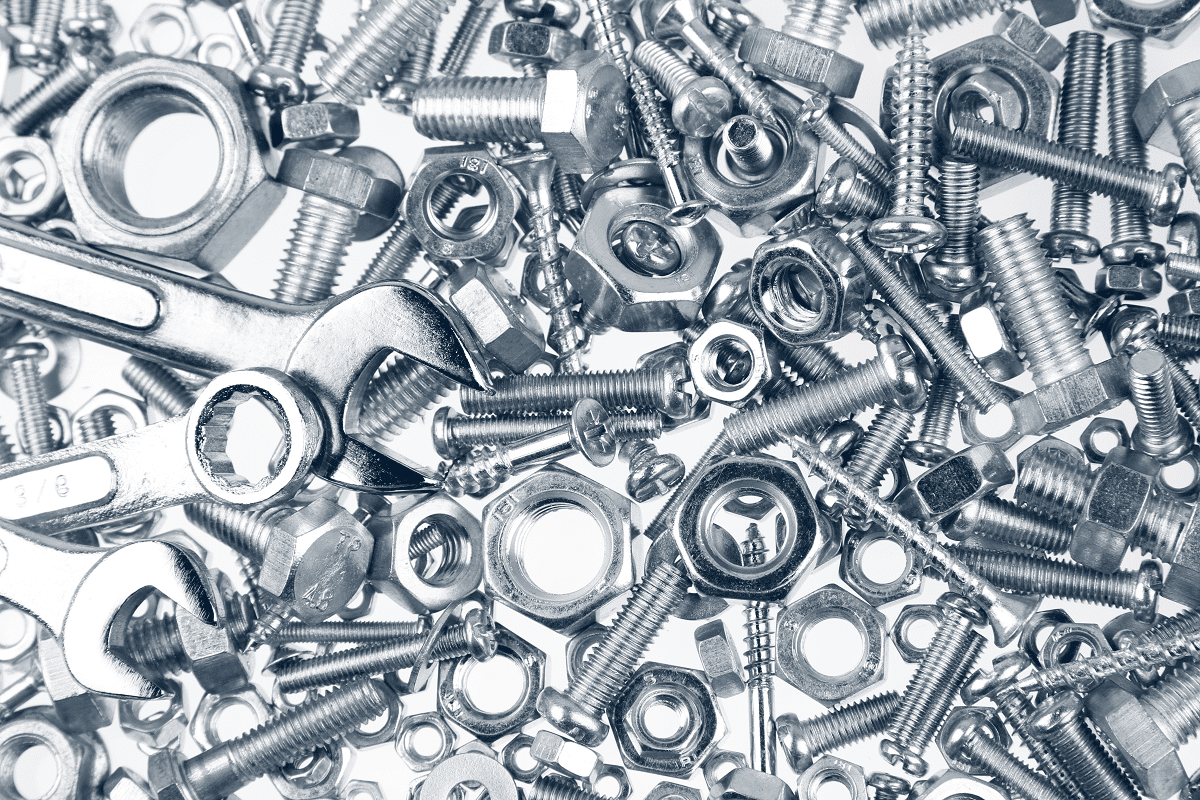In industrial settings, tool parts cleaners are one of the most-used classes of cleaning solvents. Consequently, the number of solvents marketed as tool part cleaners is practically endless. You could never evaluate them all and make an educated selection within a reasonable timeframe.
Consequently, it’s a good idea to start your search by creating a basic checklist — such as the one below — that will help move you along in the tool parts cleaners selection process.
- Will an enclosed parts washing system be used?
If so, you’ll need to do more than match a cleaner with the types of soils that need to be removed. You’ll also need to choose a cleaner that’s compatible with the parts washing system. That typically means choosing an aqueous based cleaner for a “hot tank” system or a solvent based cleaner for a “cold tank” system.
- What kinds of part materials must be cleaned?
When we think of industrial parts cleaning, metal parts immediately come to mind. In most cases, it is metal parts that require cleaning, but not just any cleaner will do. For example, some cleaners that work fine for carbon alloys would cause chromium alloys to tarnish significantly.
Furthermore, for the sake of cost effectiveness and performance quality, many “metal” parts also have rubber and plastic components. This can complexify the selection of tool parts cleaners. You need a cleaner that works on the metal and any non-metallic components that are present.
- Will parts be cleaned while they are energized?
A tool part cleaner is usually applied to parts that have been removed from a mechanized assembly (if they were in an assembly in the first place). There are also situations when a tool part is cleaned while a machine remains in action. For example, degreasing tools in production equipment may occur while the equipment stays in operation to meet production quotas.
Long story short: In addition to needing a cleaner selected with the cleaning system and material(s) of the parts in mind, you’ll need a cleaner that has a dielectric. At the proper strength, the dielectric content will prevent electrical current from traveling through the solvent as you use it to clean.
- What types of soils must be removed from parts?
Used for various applications, industrial tool parts accumulate a variety of soils, from simple grease and oil that are used to lubricate, to tough organic accumulations such as bitumen and resins. Removing a tough accumulation doesn’t necessarily require a powerful, toxic cleaner.
You can use a strong, environmentally preferred cleaner instead. Choosing this type of cleaner is beneficial for more than the health of your workers and the environment. By avoiding cleaners that have ingredients that the Environmental Protection Agency (EPA) considered hazardous, you avoid using a cleaner that the EPA may eventually regulate or ban.
In the Market for Tool Parts Cleaners?
If so, Ecolink is your destination for eco friendly cleaners that demonstrate excellent efficacy and lack many of the harmful ingredients common in popular solvents of the past. We provide an array of stock products, as well as custom products for when readymade solutions aren’t the best option. In addition, we let you request a free sample, so you can the results firsthand.
To choose tool parts cleaners for your business-critical cleaning operations, call us today at (800) 563-1305, or reach out to us through our contact form. We look forward to assisting you!















